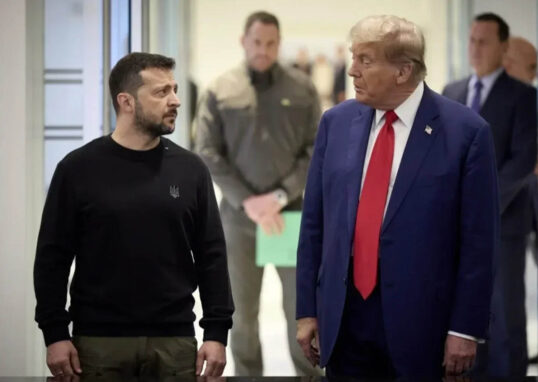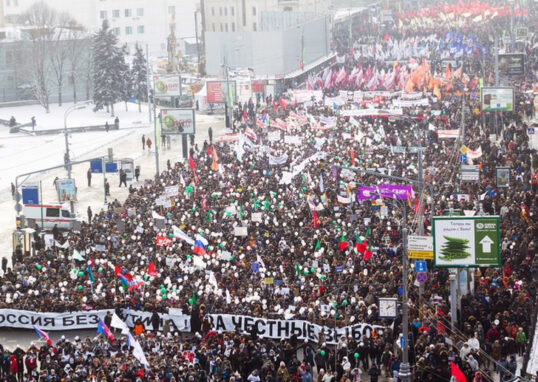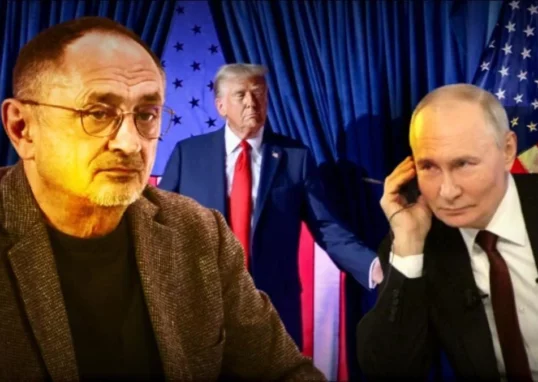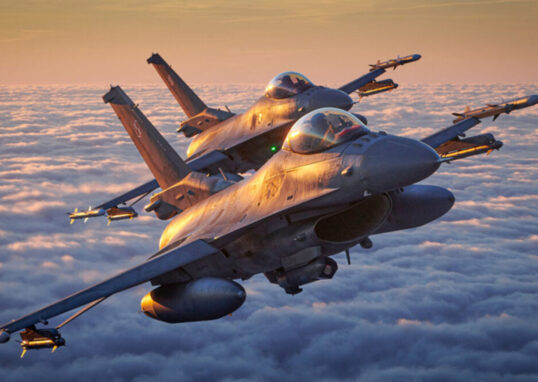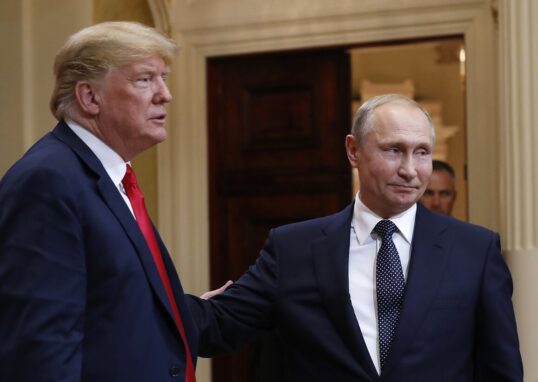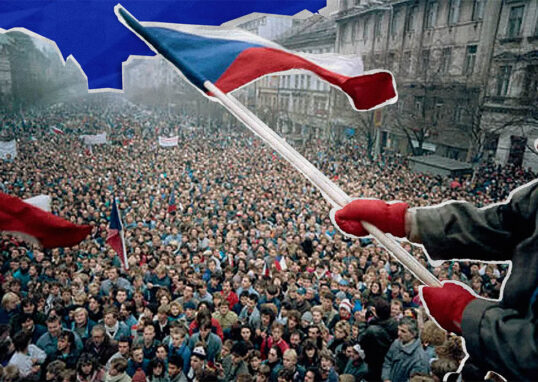The defeat of the Kremlin in the war with Ukraine at the end of a month of war has military, political, and moral dimensions.
If speaking about political defeat, then this lies in the fact that any multi-year programs have been totally destroyed. Here are listed the eight most notable of these.
1.
The «Russian world» (Russkiy mir). Since about 2005, the Kremlin has been promoting a system of national feeling using compatriots in various countries of the world. These has worked differently depending on the country – in France, for example, relying on the aristocratic descendants of old emigration, and in Latvia putting stock in the large Russian minority. Generally, however, it has been a framework that has made it possible to integrate numerous manipulative projects over the years, including the Immortal Regiment, the Night Wolves, the Congress of the Russian-language Press Abroad, church events, and much more. This is all now toxic. The very concept of the «Russian world» is now synonymous with aggression.
2.
The «Eurasian space.» Not only has the concept of «Europe from Lisbon to Vladivostok» collapsed, as Wolfgang Ischinger, a veteran of German diplomacy, recently said bluntly, but the aggression has dealt a heavy blow to the concept of the “Eurasian space” as a zone of special cooperation. And if before the war the Kremlin could consider itself the economic and political leader of Eurasia, now it is an aggressor country under sanctions, which, instead of cooperation, creates a problem of «secondary sanctions» for all its counterparties in Eurasia.
3.
The withdrawal from international organizations or suspension of participation during the first month of the war has led to having all long-term Kremlin diplomatic projects being blocked for a long time. This includes the OSCE, Council of Europe, cooperation with regional unions (specifically the Nordic countries and the Arctic Union), the IMF, the World Bank and even the WTO. Russia is dropping out of major sports federations and international cultural associations. The consequences of this autarchy are easy to predict, with a deep lag in understanding real world processes developing over time.
4.
The Kremlin has utterly lost in its game of «partners,» which it has been successfully playing for many years. The concept of Moscow’s struggle for its national interests in sparring with the U.S., the European Union, and international organizations and alliances has finally collapsed. Its aggression has toppled the very concept of national interests and its defense in dialogue with «partners» that the Kremlin had been promoting for 15 years.
5.
The Kremlin has lost its entire milieu of sympathizers in leading countries. These politically and economically influential environments, foremost, were in Germany, Italy, France, and Greece. The entire environment of political communications built around such giants as Germany’s Siemens or the French company Total, and the entire long-term promotion of Russian Railways, Rosatom, and other Russian state corporations has been leveled.
6.
Since 2005, high oil revenues have allowed the Kremlin to actively attract well-known foreign scientists and offer joint projects to Russian scientists who have long been working abroad. Even after 2014, these contacts were maintained, and they were very important not only for the image of Russia, but also for the real modernization of many advanced branches of science. Russian aggression has broken all these ties and their entire 15-year long-term strategy has gone been axed.
7.
Russia will lose more than half of the entire ecosystem that provided the development of so-called «creative industries.» These played a big role in the last 15 years, influencing the introduction of new social practices not only in large cities, but in recent years in medium-sized cities as well. They created a favorable environment for young people, and they connected Russia with the rest of the world, bypassing all the problems found in the political system. Russia’s aggression and the resulting economic blockade undermine both the connections made and the possibilities of financing this ecosystem.
7.
There is also a completely obvious political consequence of the unsuccessful military operation for the further development of the Russian power bloc. The Russian army is draped in disgrace before the eyes of the entire world. The political planning of this invasion has been a grand failure, in which the army was involved as the main actor. After a month of war, everyone outside the zone of influence of Kremlin television can clearly see that the army has found itself in the position of a war criminal, along with the political leadership in the Kremlin.
Together with the contrived Kremlin strategic programs designed in the past for various hybrid forms of penetration into global institutions and their agenda, the quite real and fruitful forms of cooperation over the past 15 years of Russia’s post-Soviet development are also dying. All this raises the question of how and with the help of what concepts Russia will be able to overcome the enormous consequences of this political catastrophe in the future. Critical events of such magnitude as this aggression make it impossible to simply return to the old concepts or their individual elements. A new political language will be needed for strategies of dealing with this, and it will be needed very soon.
Alexander Morozov,
iSANS analyst, political scientist, philosopher, and lecturer at Charles University, Prague.
